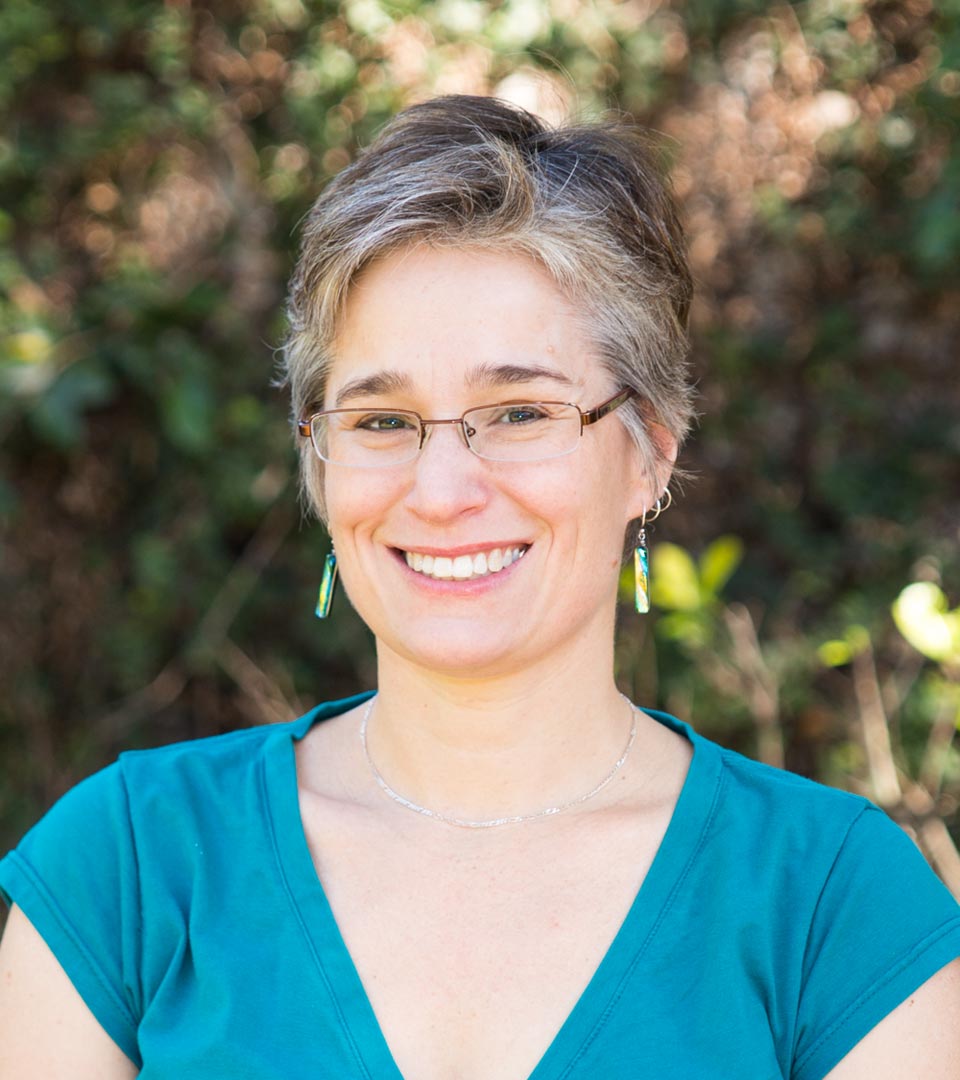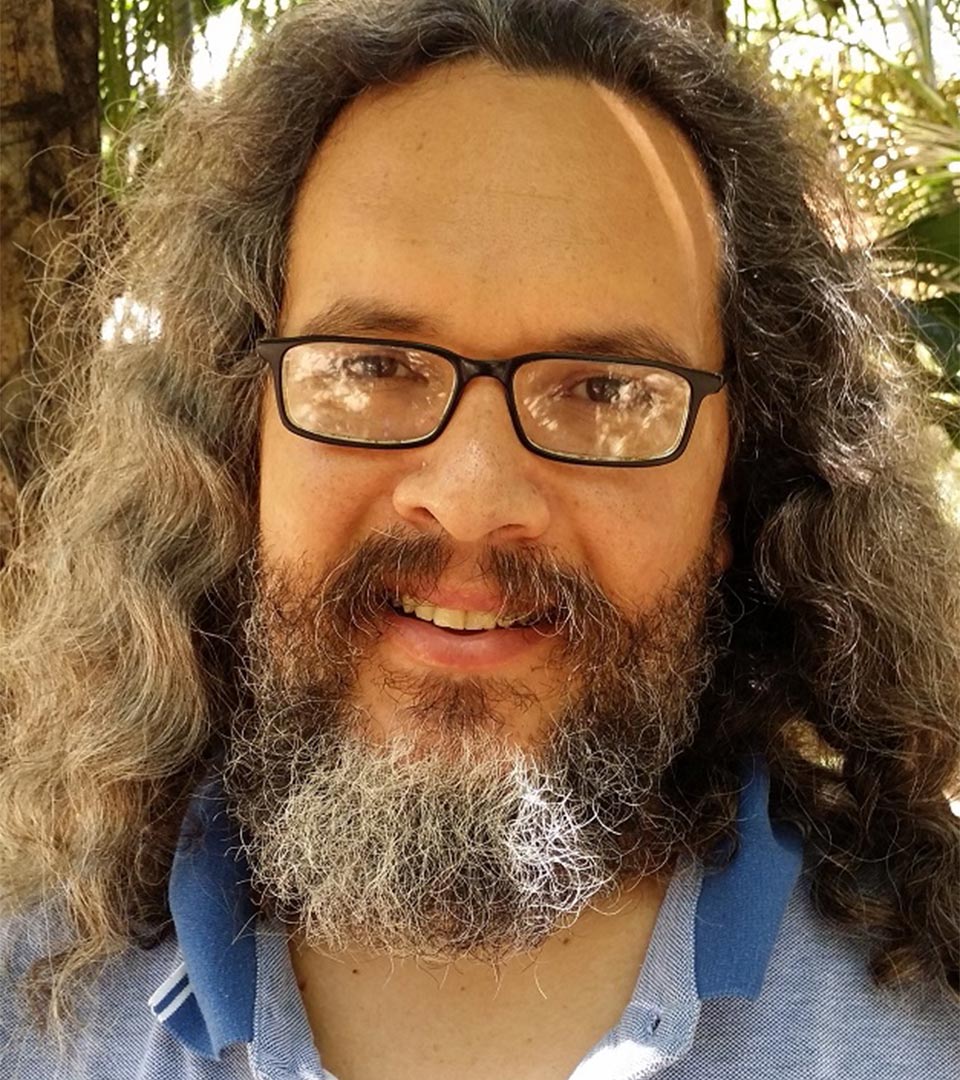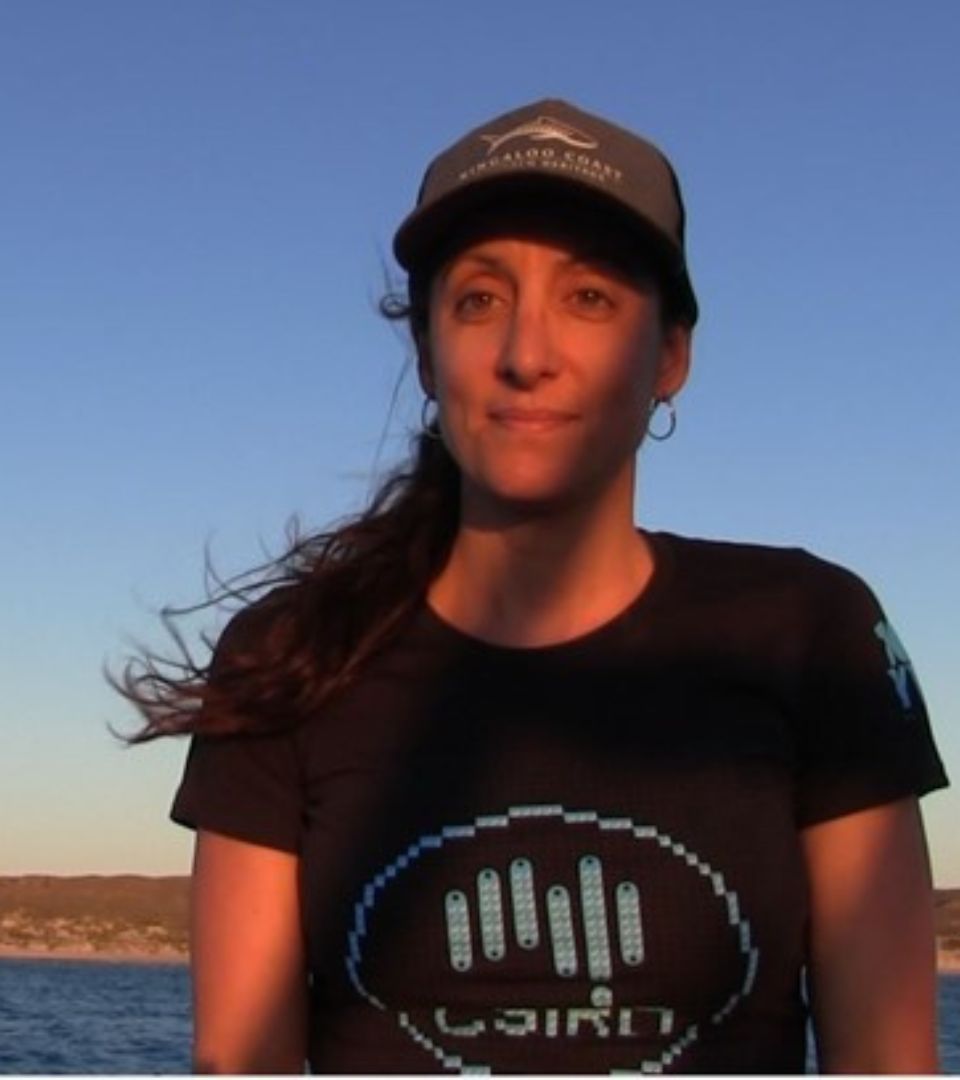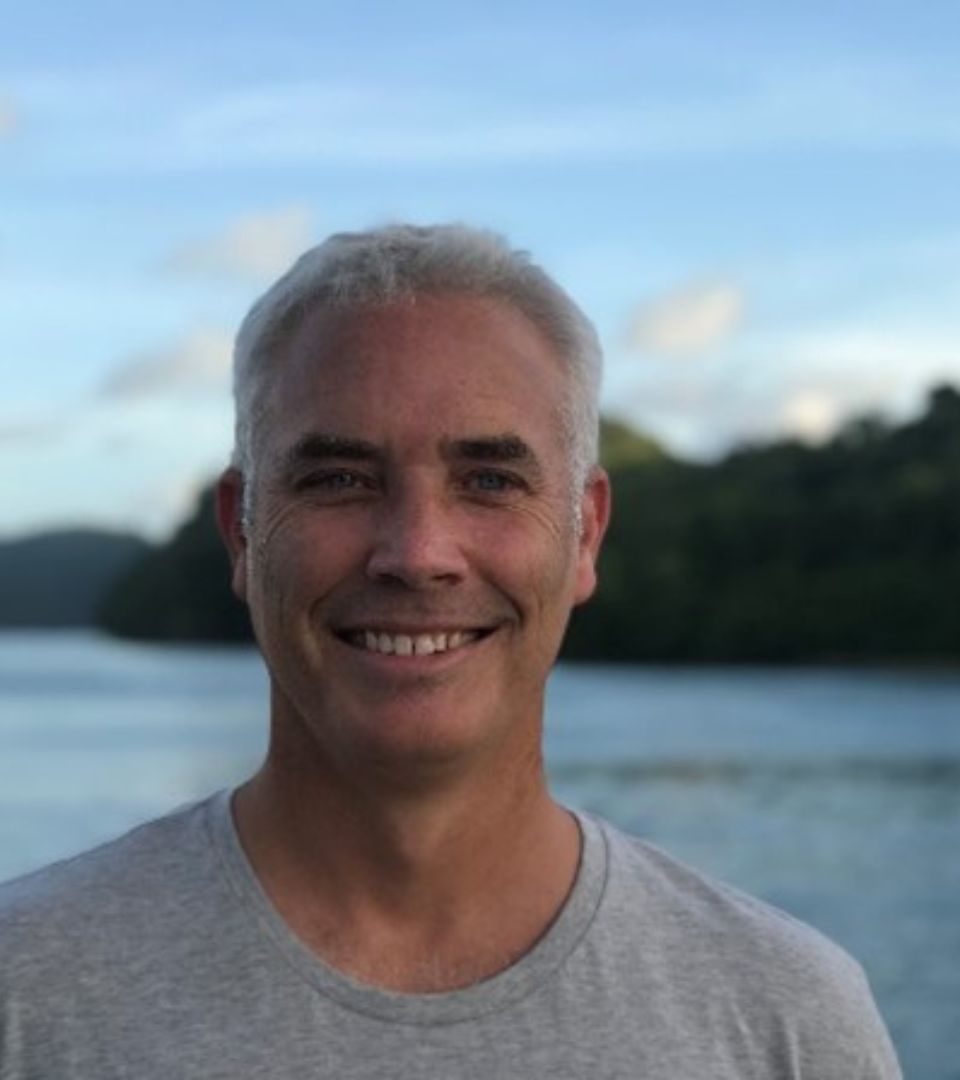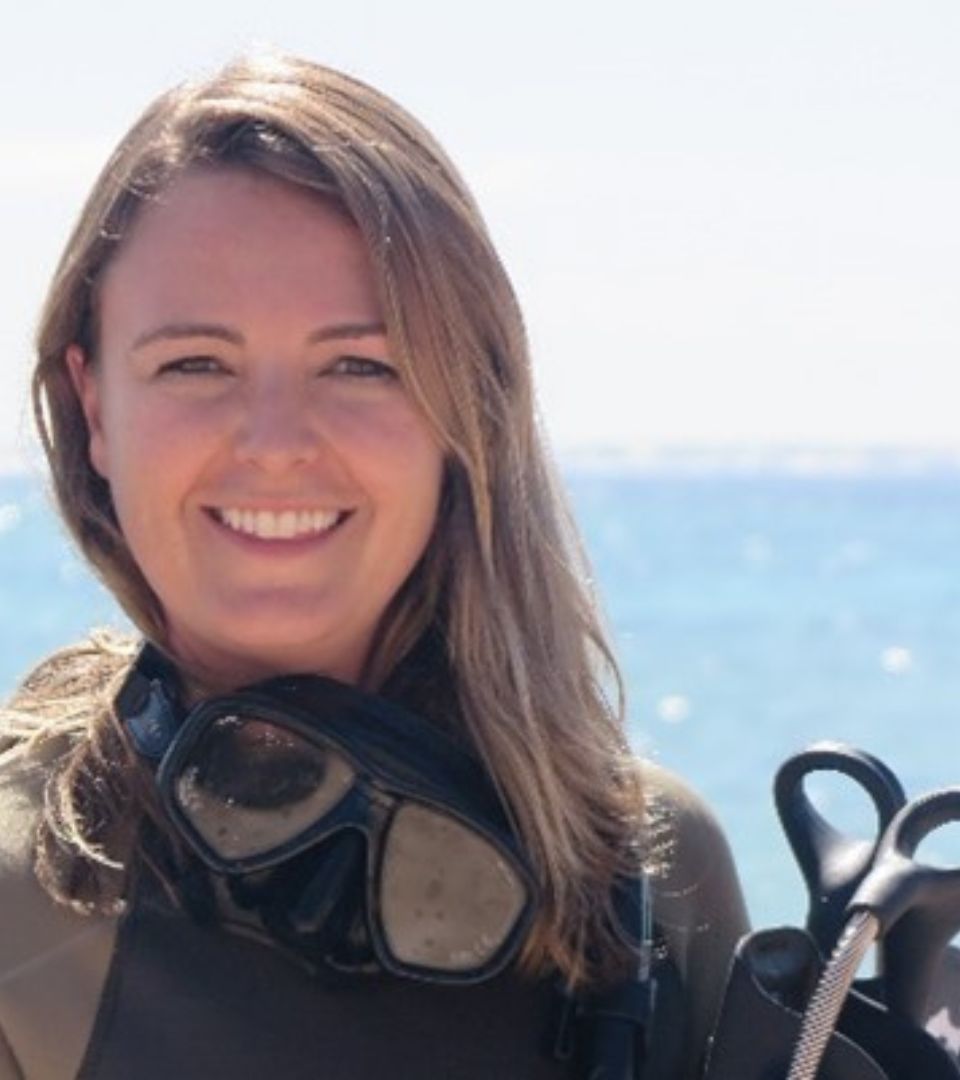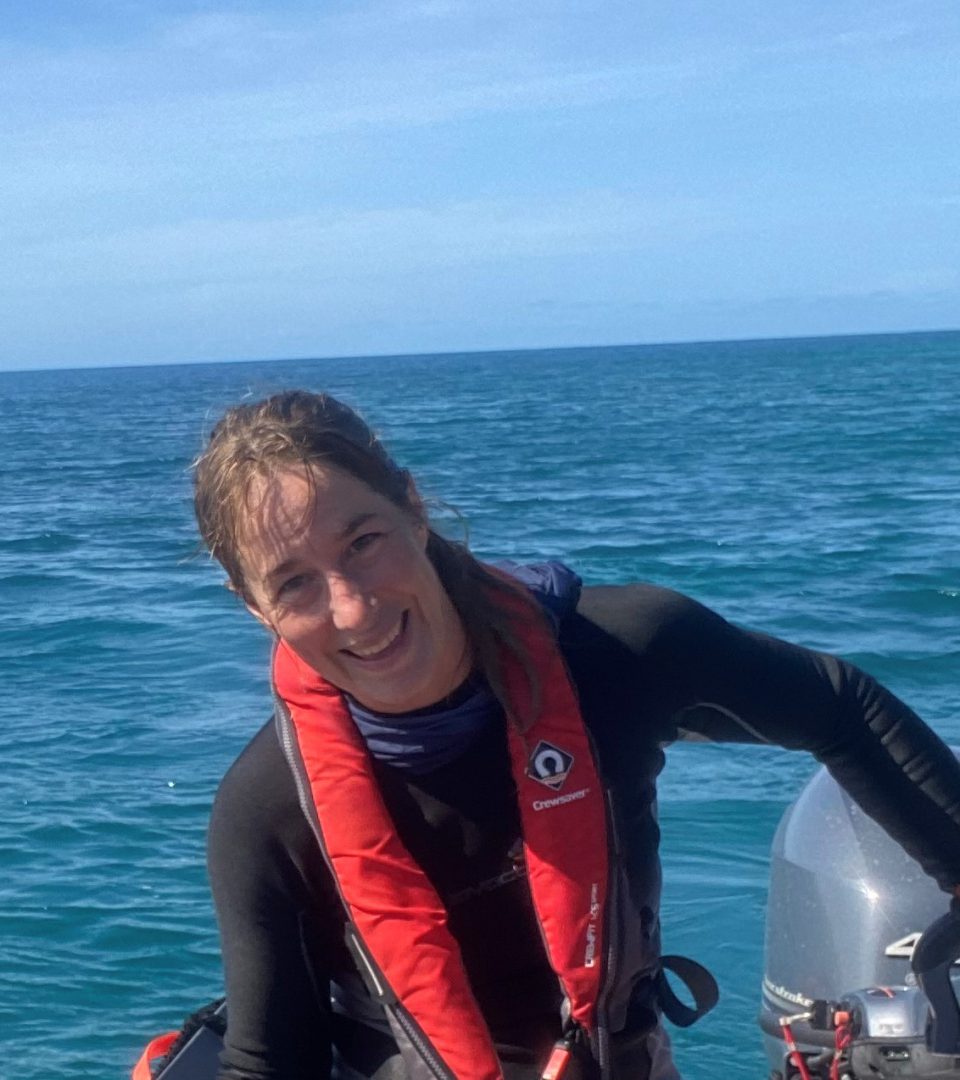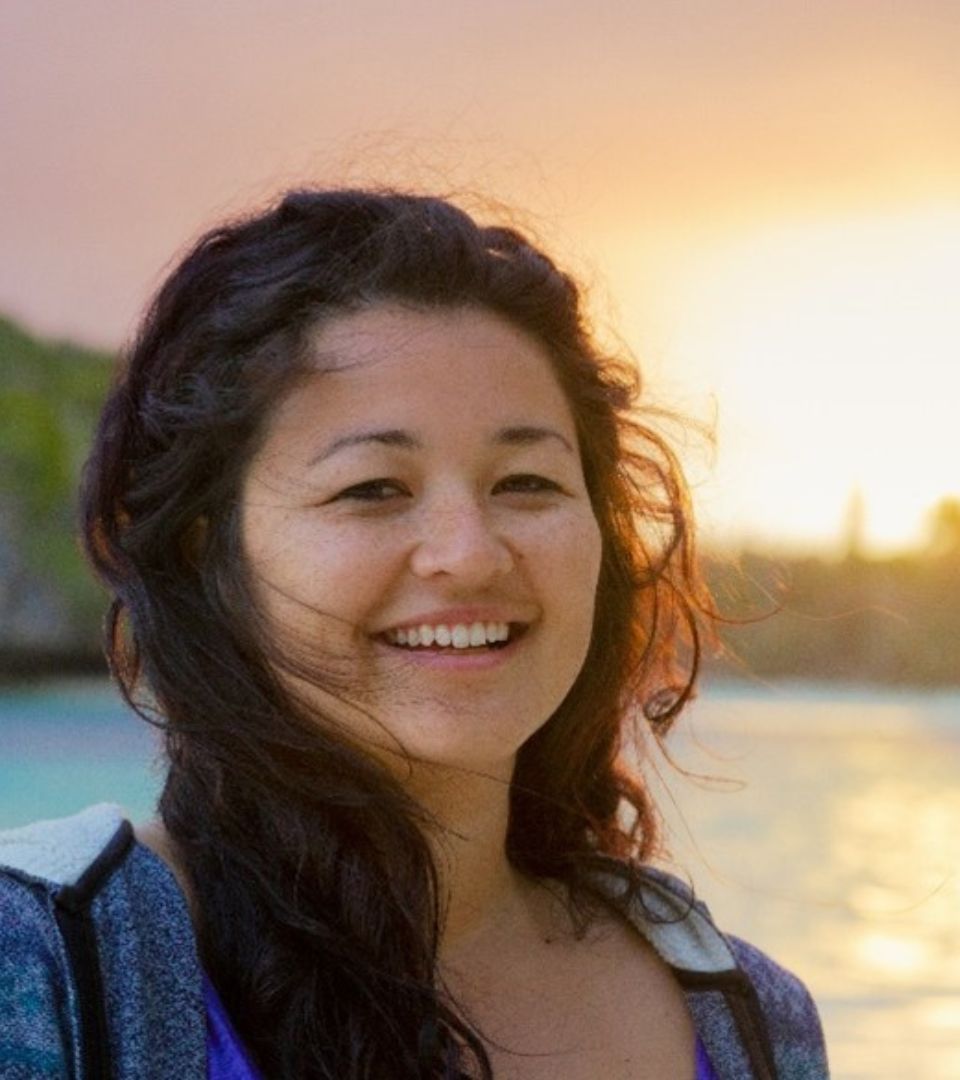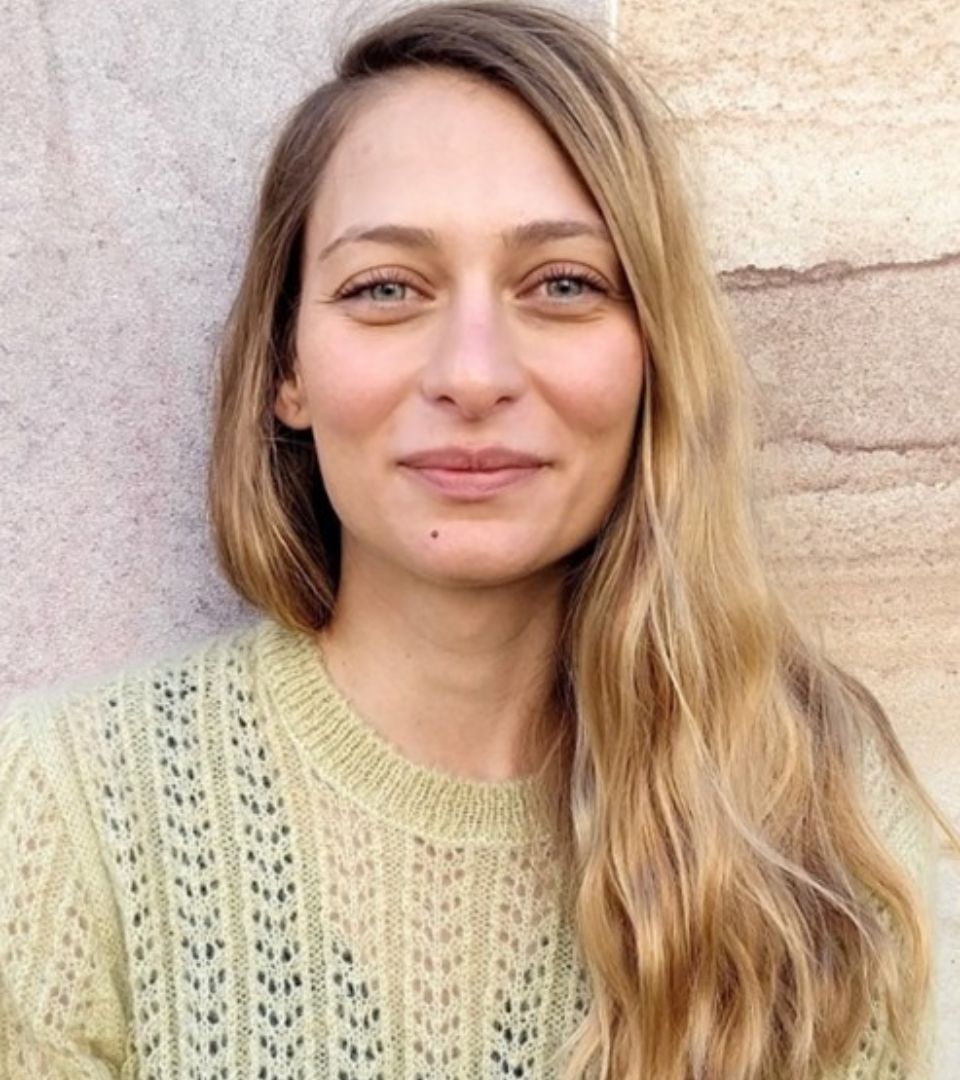Ecological Intelligence for Reef Restoration (EcoRRAP)
The EcoRRAP R&D Subprogram fills key knowledge gaps essential for the success and cost-effectiveness of reef restoration interventions.
An integrated field program, EcoRRAP provides data on region-, temperature- and species-specific coral life-histories.
It quantifies natural rates of recovery and adaptation in response to global and local changes, as well as rates of recovery in response to interventions.
The central objective is to optimise interventions by understanding the ‘how, where, and when’ of natural reef recovery. This foundational data will help inform assumptions and decisions across the whole of RRAP and enable the success and cost-effectiveness of intervention research and development.
Current projects
Integrated Field Testing
Alongside subprogram management and coordination, this project is focused on the establishment and long-term monitoring of Reference Reef sites across the length and breadth of the Reef. The Reference Reef sites provide critical baseline data sets to support RRAP decision makers in determining the how, why, and where of intervention deployment.
Limits to Early Recovery
This project aims to inform coral restoration planning by identifying agents of mortality for juvenile corals and how these vary in relation to environmental and ecological interactions, as well as defining the ideal size and density of adult corals to overcome reproduction bottlenecks and support larval production to optimise natural recovery.
Ecological and Genetic Adaptation
This project will generate knowledge on the important traits driving natural recovery and adaptation to both disturbances like heat stress and to restoration interventions. The project will investigate the variation of these traits across space, time, environments, and species.
Subprogram leaders:
Project leaders:
Team members:

Peter Mumby
Professor
UQ

Manuel Gonzalez-Rivero
Research Scientist
AIMS
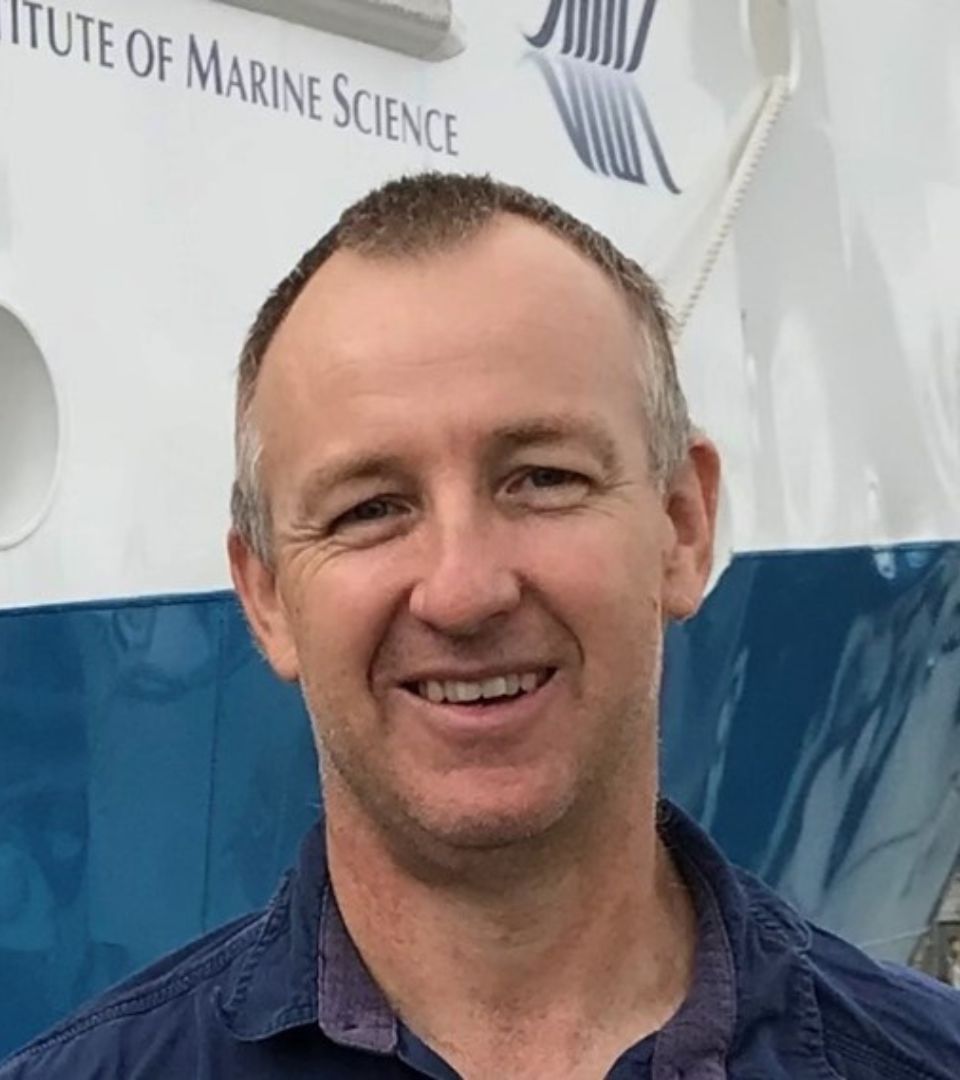
John Luetchford
Oceanographic Technician
AIMS

Pascal Craw
Research Scientist
CSIRO

Robert Mason
Research Scientist
CSIRO
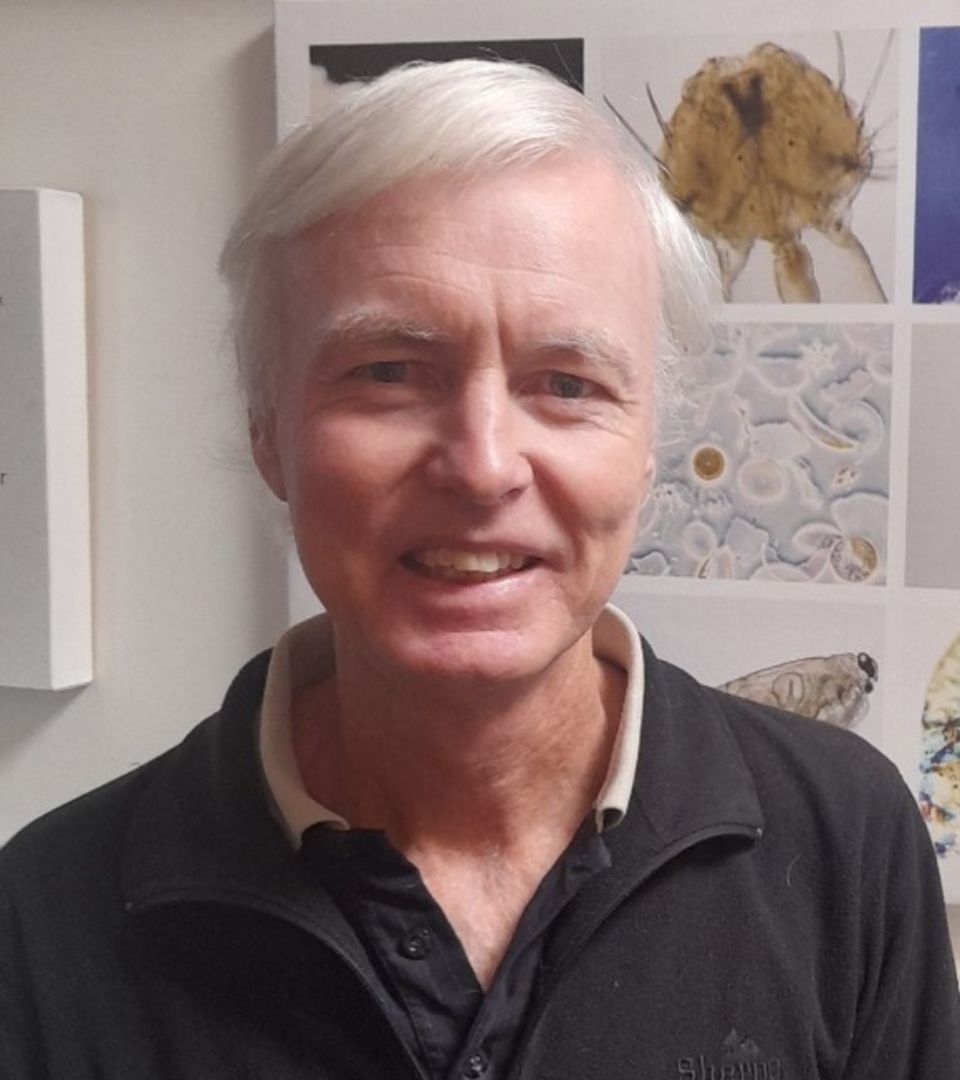
Frank Coman
Research Assistant
CSIRO
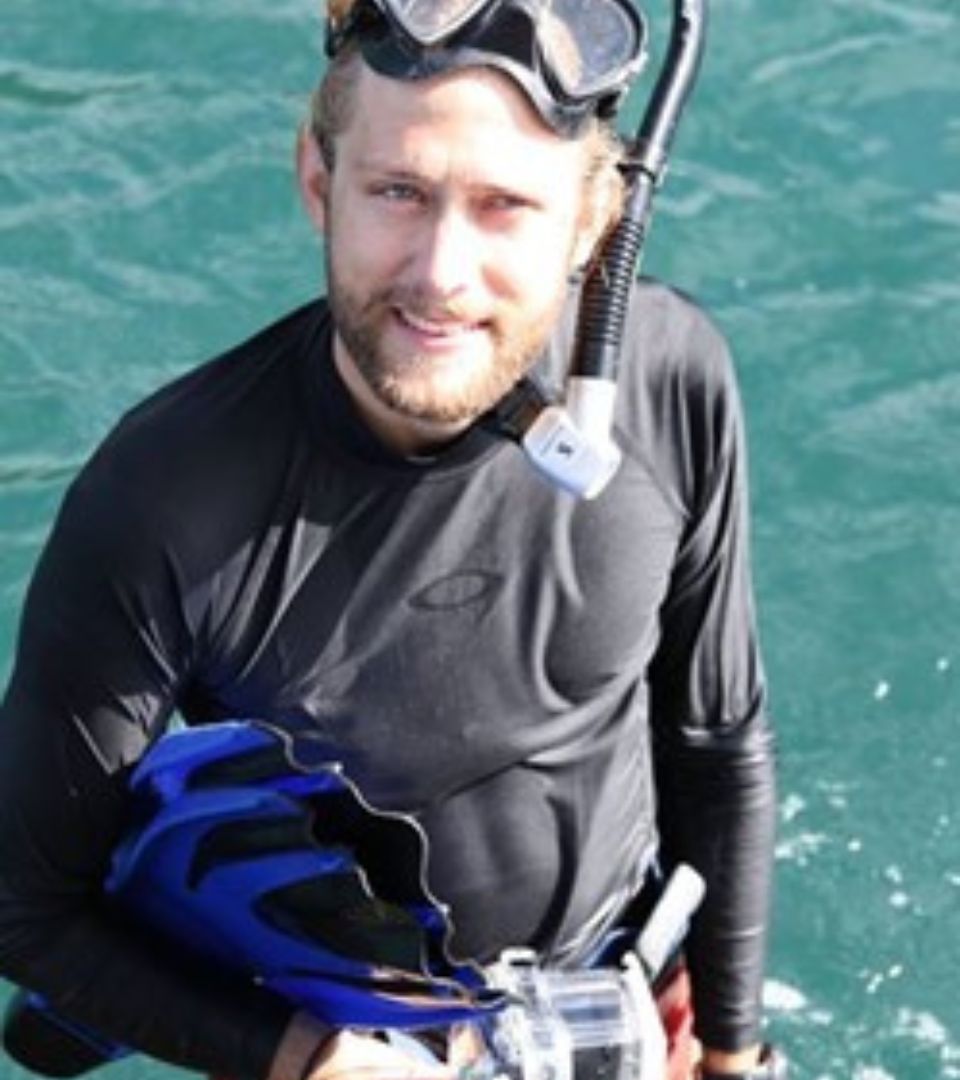
Sam Noonan
Research Assistant
AIMS
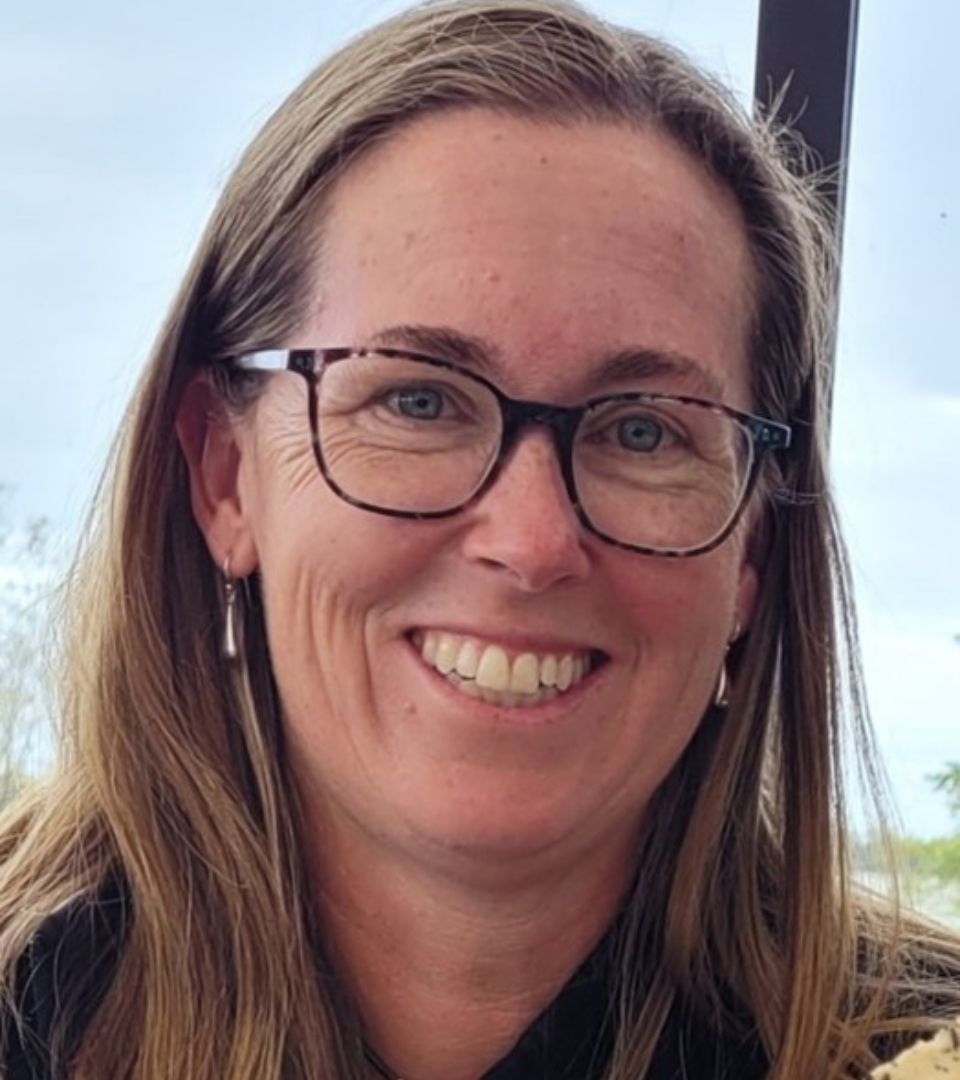
Browyn Holmes
Research Assistant
CSIRO
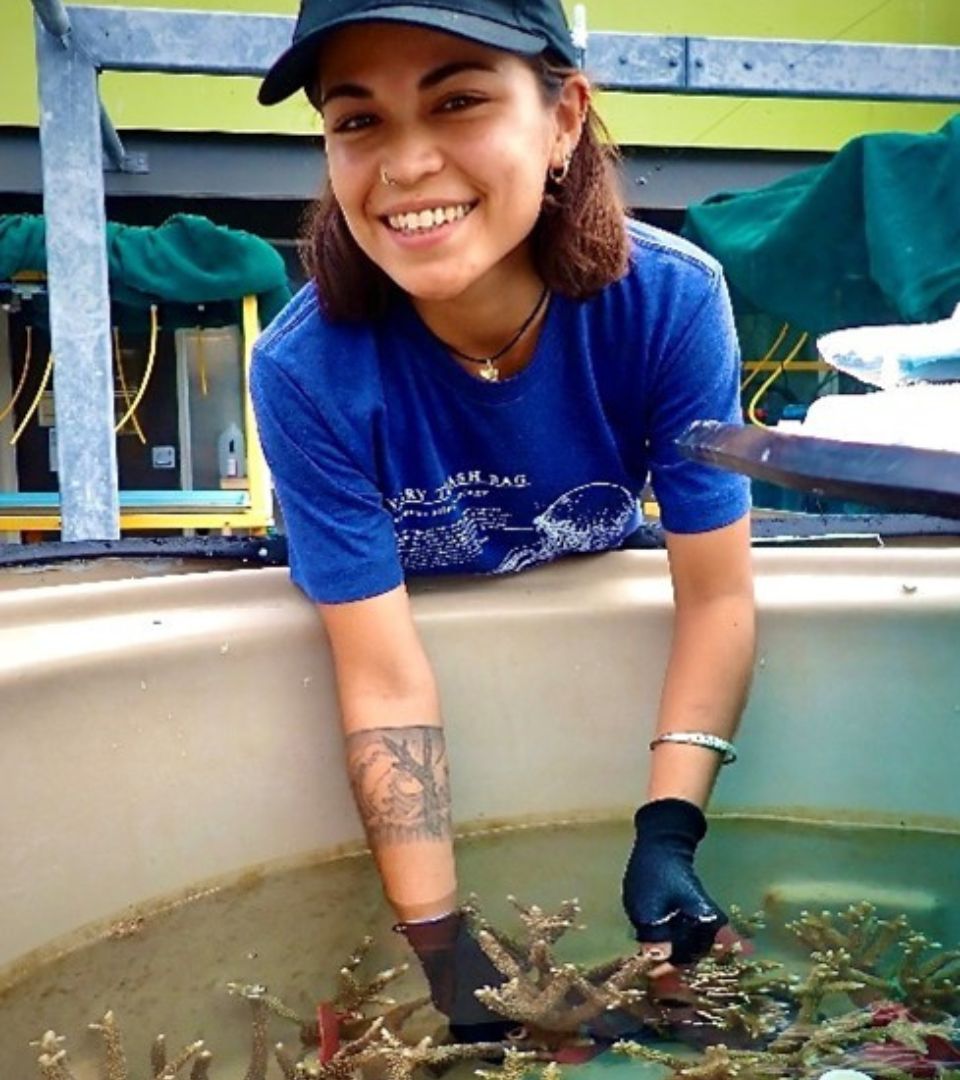
Morane Le Nohaic
PhD Candidate
UQ and CSIRO
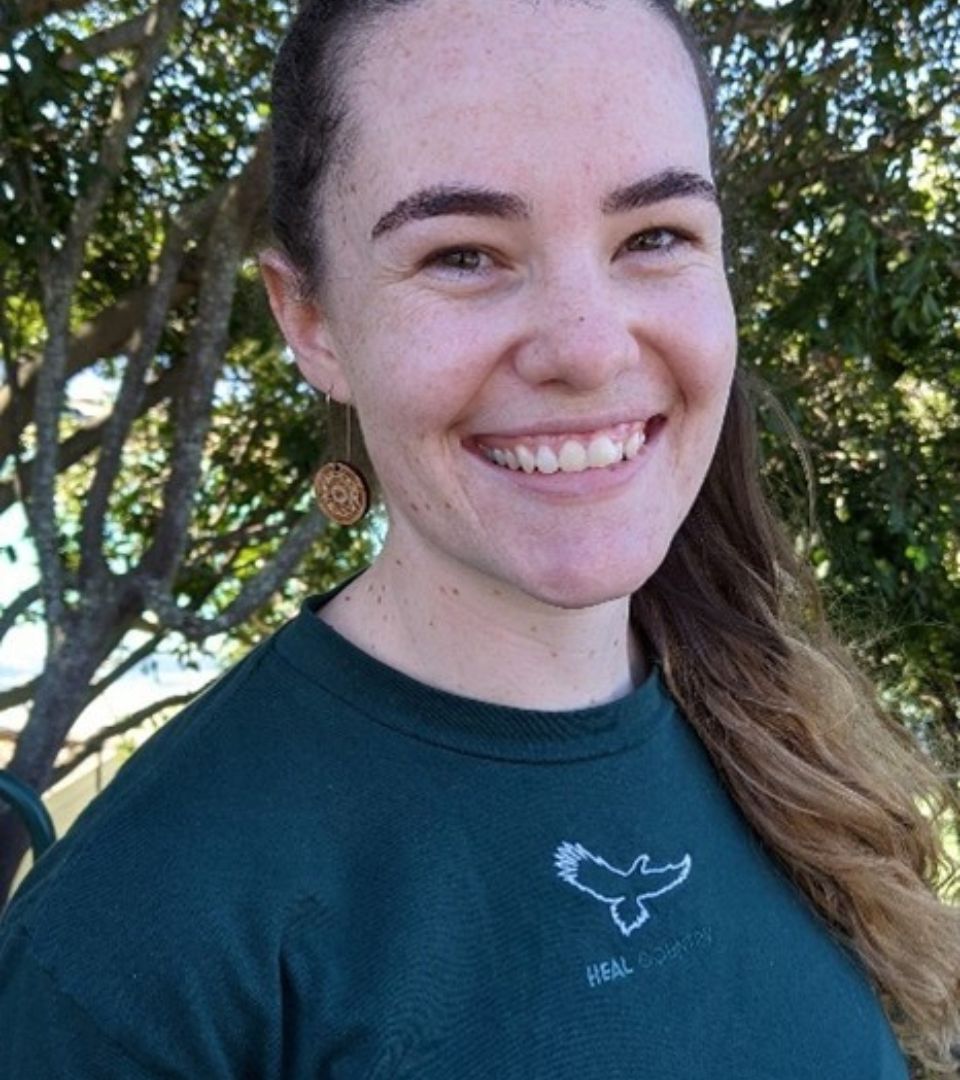
Hannah Allan
PhD Candidate
UQ
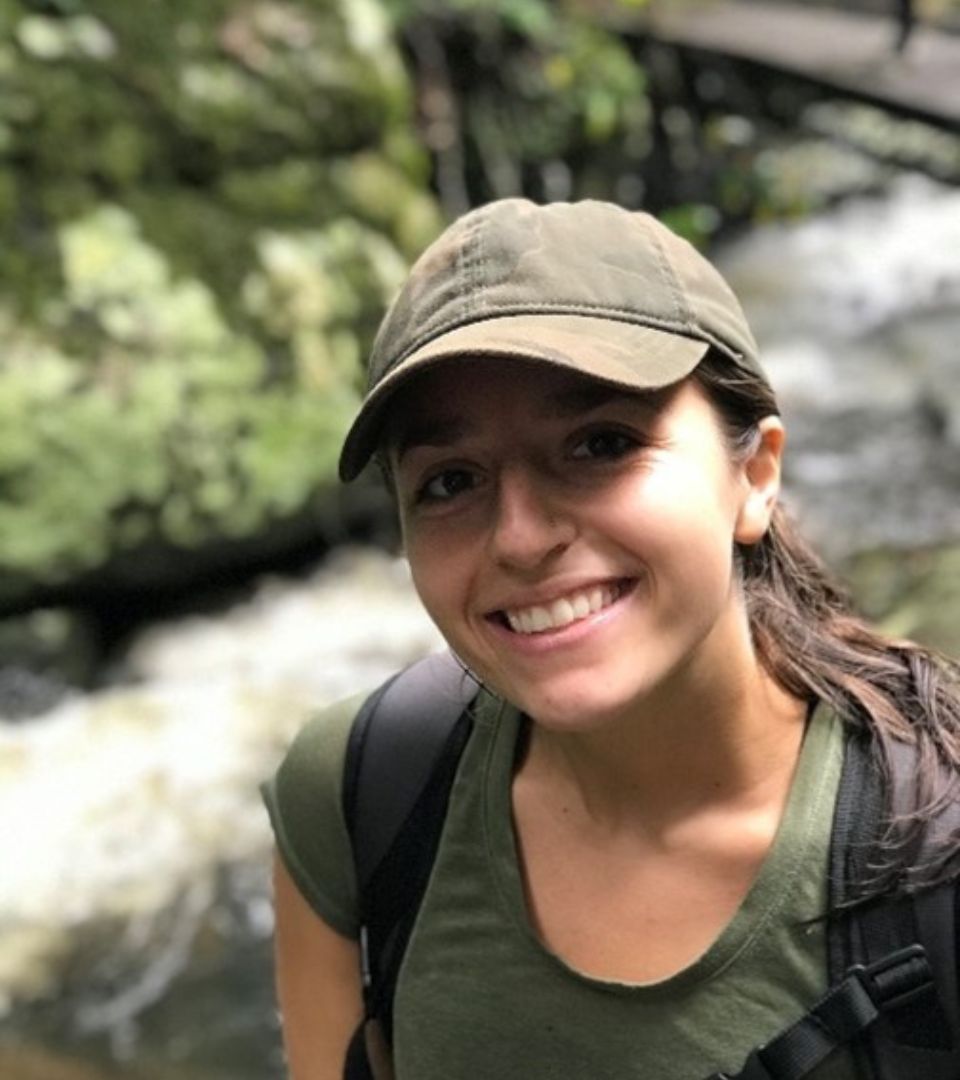
Elizabeth Buccheri
PhD Candidate
UQ

Isabella Marrable
AIMS and Uni. of Sydney
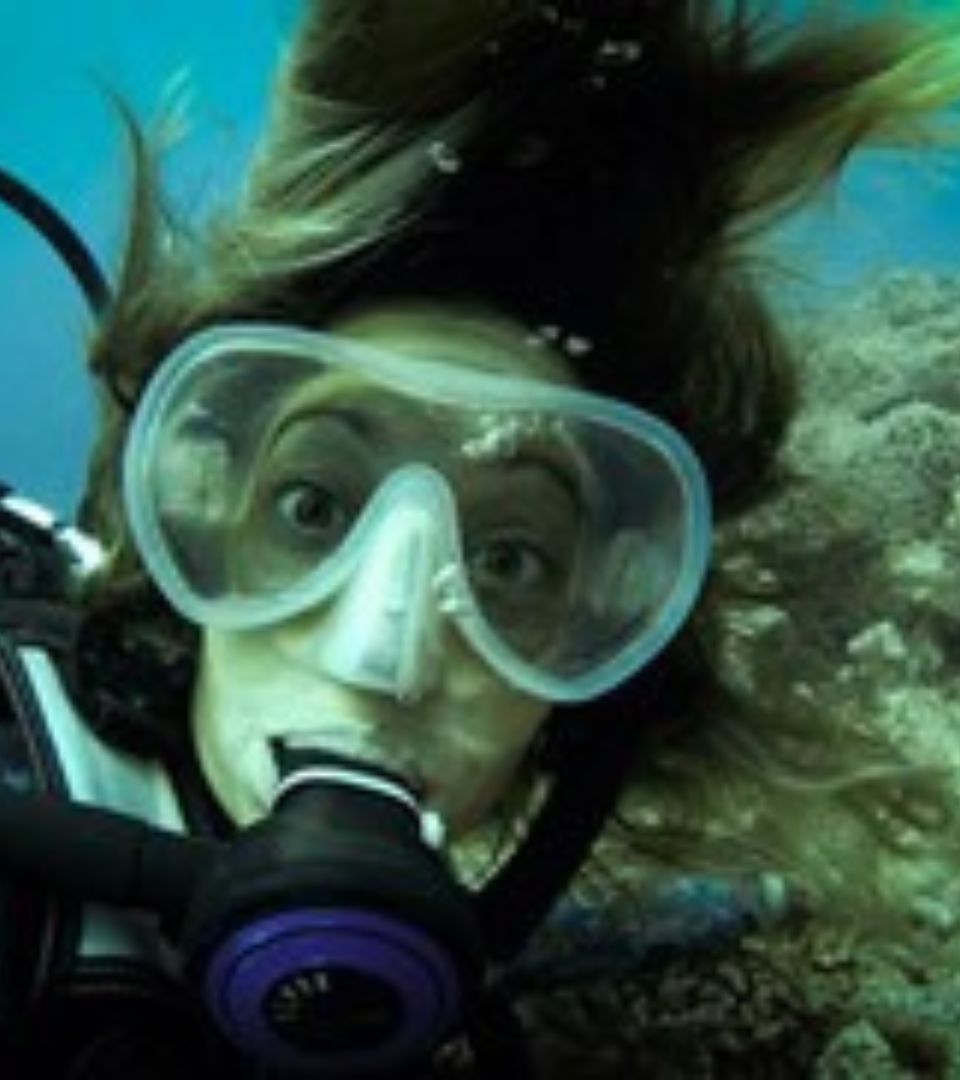
Sophie Gordan
Research Assistant
AIMS
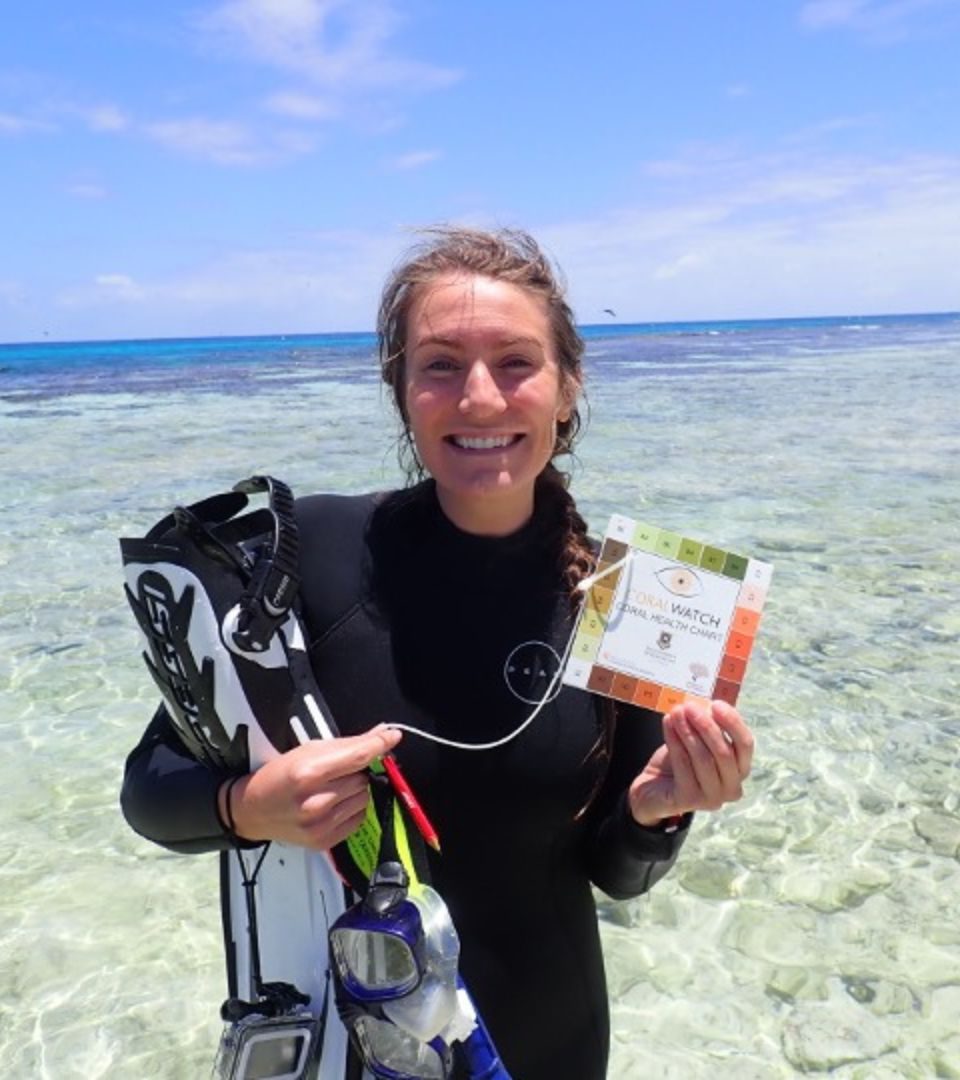
Devin Rowell
PhD Candidate
UQ
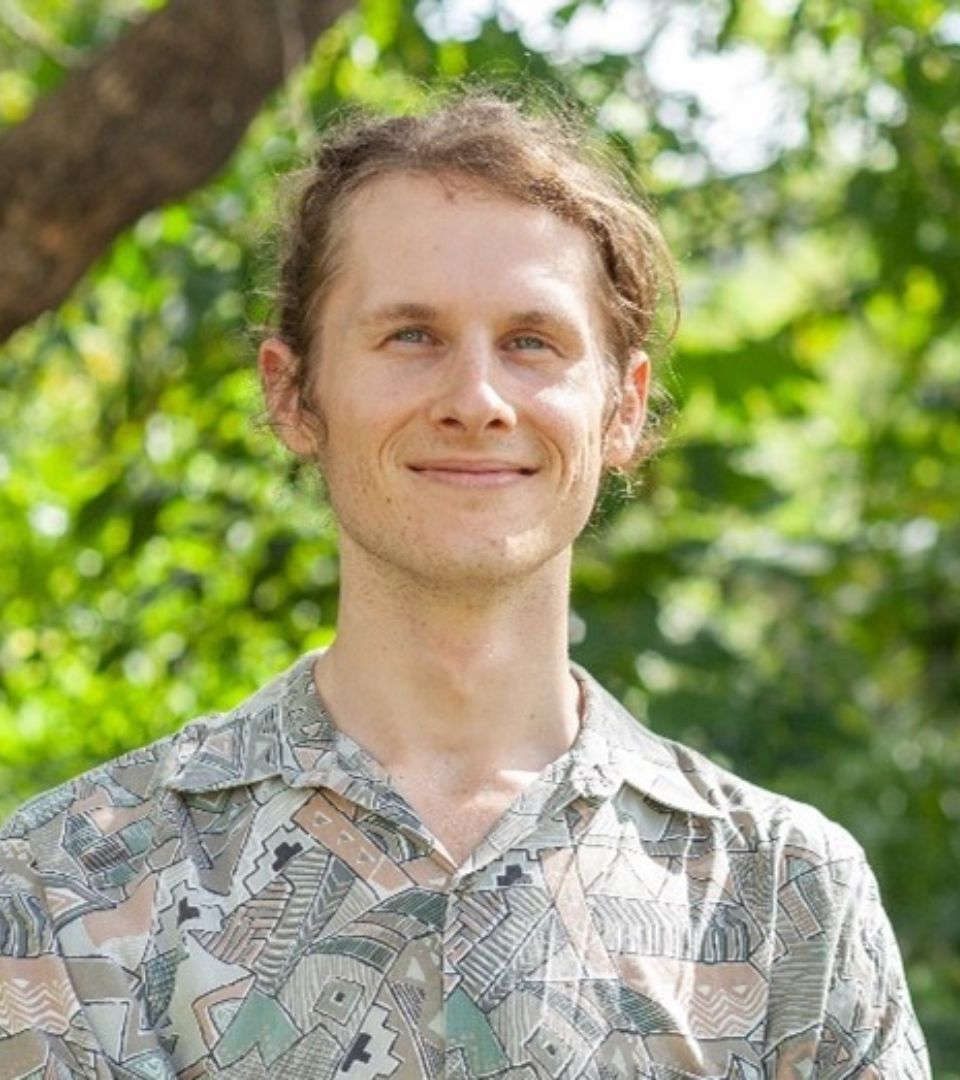
Kelsey Webbe
PhD Candidate
JCU



